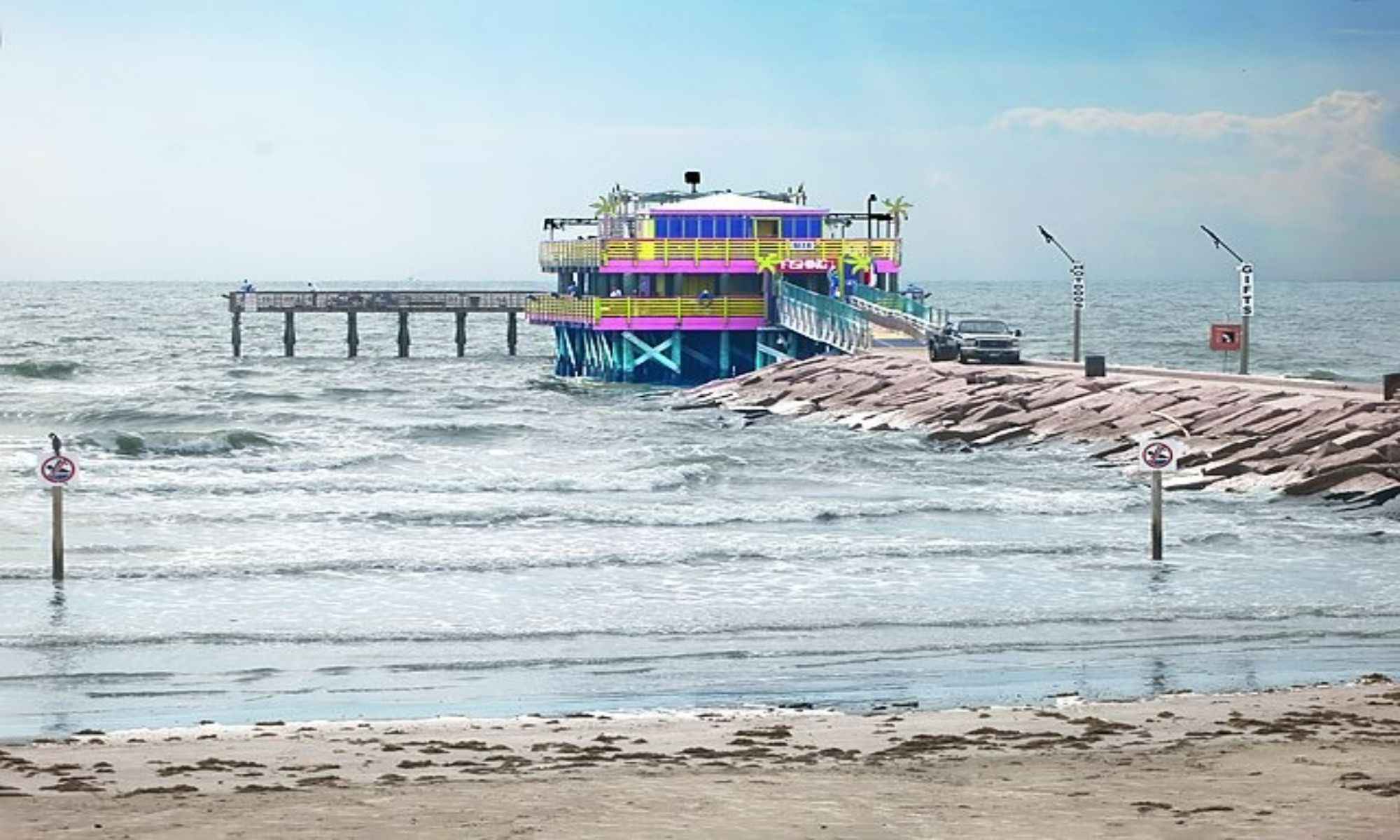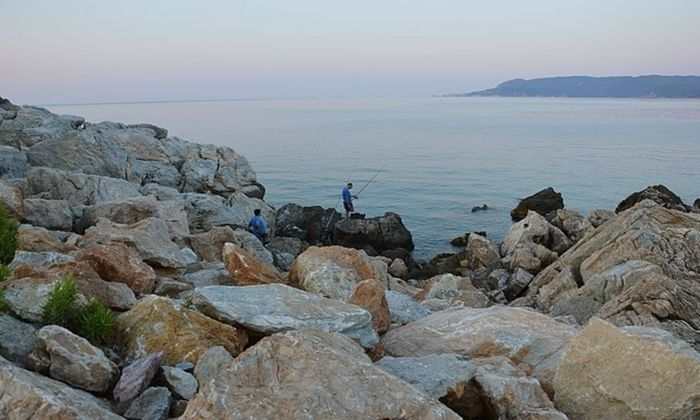Everything You Need To Know Before Booking a Fishing Trip
Planning a fishing trip soon? Read this article for a guide on everything you need to know when planning a fishing trip.

Planning and booking a fishing trip, whether to a town an hour away in a state in a different time zone, requires plenty of considerations beyond the usual. In this guide, we’ll run through everything you need to know and plan before booking a fishing trip — what to research beforehand, which items to bring (and which ones you can buy on location), and how to find the perfect fishing charter if you’re planning on booking one.

Things to Research Beforehand
1. Fishing Conditions
Got a location in mind for your fishing trip? First things first, check the fishing conditions on your travel dates. This is especially crucial if you can’t move your schedule around because you want to maximize your fishing time in ideal conditions.
One of your top concerns when looking at fishing conditions is the general weather situation and the season in your location of choice. Look at weather forecasting apps or websites to grasp your location’s weather conditions. Most fishing states will also offer general seasonal guidelines on their department websites, so you can use them as resources. Weather conditions on any given date can affect the wind and rain, significantly influencing the movement and clarity of the water and fish activity.

If you’re going saltwater fishing, another thing you should look into that affects the water and fish activity is the tidal movement. The tides can also dictate whether it’s safe to fish in any given location. Incoming tides are generally favorable to fishing, but it still depends on the height of the tide and the beach you’re fishing in. Whether you’re fishing in the incoming or outgoing tide, your safest bet is to look for a beach with a structure like rocks or jetties that attract fish.
Lastly, check the water temperature at least a week before your trip. This depends on the season, but often, especially during transitional periods, the water can experience a significant increase or drop. Checking the water temperature should help you figure out how to target the active fish species in such conditions.
2. Fishing Rules and Regulations
Besides the required fishing license, many states and even specific water bodies will have different rules and regulations. Once you’ve chosen your location, it’s good to familiarize yourself with their open and closed seasons, daily bag limit and size limit per species, and even gear restrictions. You should also look into your water bodies as some may have restrictions.
3. Accommodation
Find an accommodation that provides easy access to many, if not all, the fishing spots you’re looking to target. If you want to fish in a particular river or lake, staying in a cabin nearby is a practical choice. Another great travel idea, if you’re feeling extra adventurous, is to camp out.
Items to Bring
1. Fishing Tackle
Your location of choice and the fishing conditions during your travel date will largely dictate the kind of fishing gear you should take. If your area is known for its fly fishing waters, you may as well pull out the stops on your fly fishing gear. However, you should also take care not to overpack. Bring your dependable rod and reel and plan out your tackle box — make sure to have an array of artificial lures in various colors and sizes, so you still have room to experiment. You should also equip yourself with circle hooks in case you get a chance to fish in a catch-and-release-only area.
If you’re traveling by plane, make sure to check your airline’s regulations when it comes to packing fishing gear.

2. Other Must-Haves
Apart from your fishing tackle or gear, you should also prepare some items to protect you from the elements. Again, this will depend on the weather conditions and the season you’re fishing. Here’s a quick run-down of your essentials:
- Sneakers or boots with rubber soles
- Breathable layered clothing
- Pants or shorts with lots of pockets
- Sun protection — sunscreen with at least SPF 50, polarized shades, a bucket hat
- A cooler to store your fish in
- Waterproof bag for your belongings
- Seasickness medicine if you’re fishing on a boat
- Drinking water
- Snacks
Booking a Fishing Charter
Booking a private fishing charter is the safest and most convenient way to experience fishing in a new territory, so it’s highly advisable to consider booking one, especially if it’s your first fishing trip.
Here are some things to consider when choosing the right fishing charter for you:
1. Who are you going with? If you’re fishing with a family with kids, choose a family-friendly charter with gear and amenities for children and first-timers. You can be a little more adventurous if you're going with enthusiasts.
2. Inshore or offshore? If you’re willing to travel far and wide to hunt for your trophy, you should be prepared to spend more time traveling on the water than fishing. But if you’re still not confident with your sea legs, put off deep sea fishing and go for some bay or inshore fishing instead.
3. What fish species are you hoping to target? Fishing charters in the same area may still have their specific specializations — some specialize in deep sea catch like billfish, common dolphinfish, and shark, while others will concentrate in backwaters. If you’re picky about your target fish species, review each fishing charter in your location to see which ones specialize in your target catch. Some fishing charters will also offer specific fishing techniques, so it’s good to review those, too, especially if there’s any technique you’re keen to practice or try.
4. Check the inclusions and policies of each fishing charter. Some fishing charters will provide pick-up, drop-offs, use of gear, live bait, fishing licenses, and fish cleaning for free, while others will not, so it’s best to review the inclusions before booking. You should also ask beforehand if charter boat fuel costs are already factored into your trip price or if it’s a separate fee.
Fishing charters may also have different policies, so it’s good to know those beforehand. Check with your captain if you can bring your food and drinks on board, their smoking policies, and whether you can consume alcohol on the boat. Another policy to check is your fishing charter’s cancellation policy.
5. Departure time and pick-up location. To maximize your time on the boat, arriving at your pick-up location on time is crucial. Check beforehand where you will be boarding your boat so you won’t be late.



